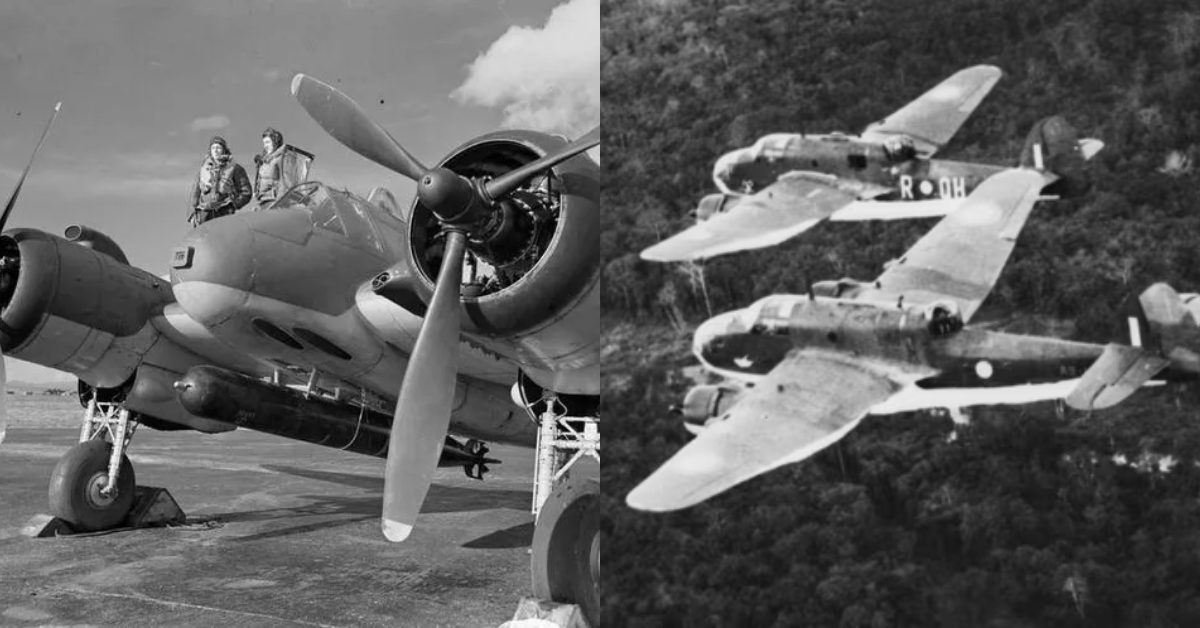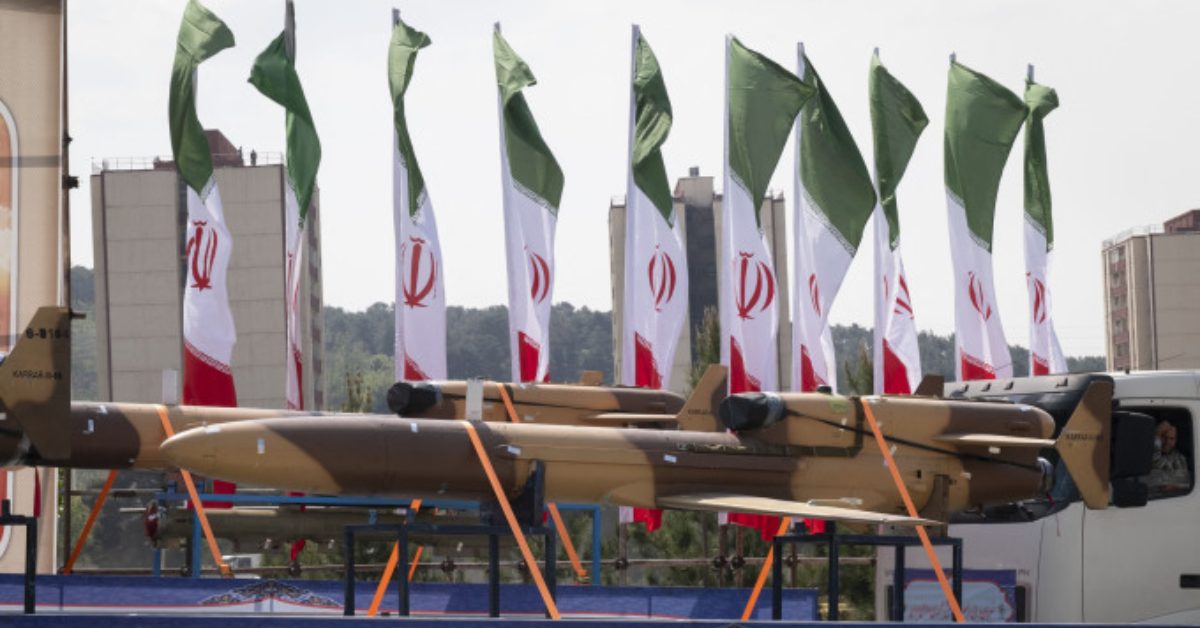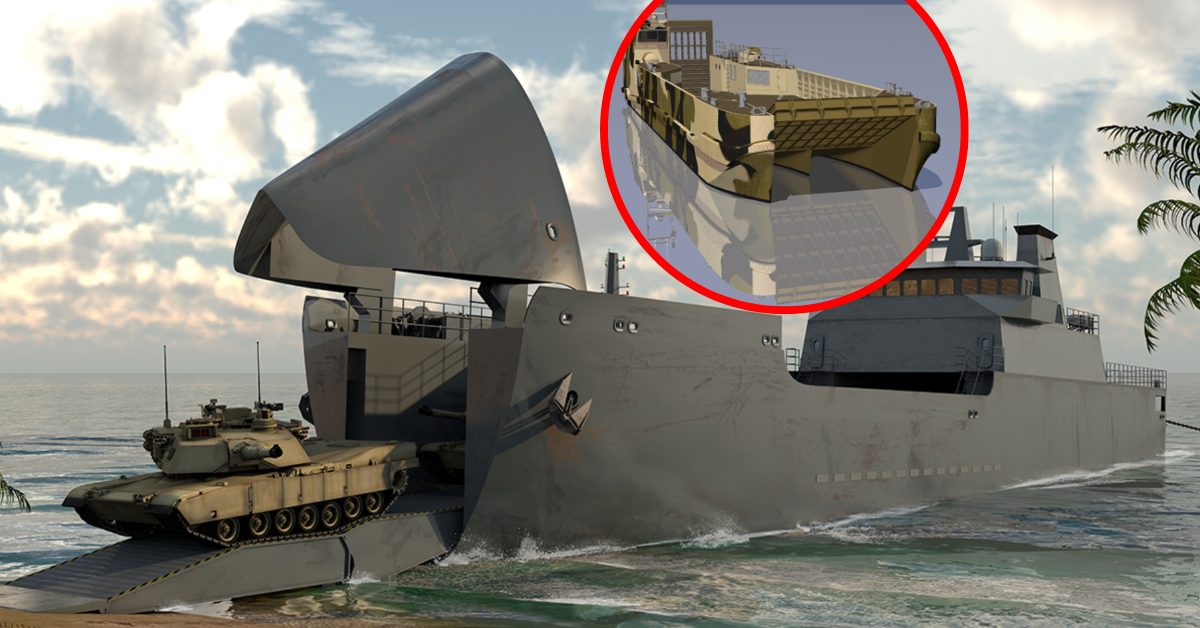France has participated in NATO’s enhanced Vigilance Activities providing four of its fighter aircraft and two air-to-air refueling aircraft since February 24.

Allied Air Command integrates the French Air Force (Armée de l’Air et de l’Espace, AAE) Rafale fighters – that are refueled by A-330 Multi-Role Tanker Transport (MRTT) aircraft – into the standing arrangements to safeguard the skies above the Allies. The French fighter aircraft take off from their home base at Mont-de-Marsan to fly so-called Combat Air Patrol (CAP) missions along the Alliance’s eastern flank. While the fighters are on station for three hours two times every day, the A-330 MRTTs conduct refueling. Moreover, from March 31 until August 1, 2022, France is deploying four Mirage 2000-5 fighter aircraft and a 100-strong air force detachment to Ämari, Estonia. This scheduled deployment is augmenting NATO’s Baltic Air Policing. It will be the eighth time France participate in this Allied mission enduring since 2004 and the third deployment to Estonia after 2018 and 2020.

“NATO’s enhanced vigilance is a powerful statement of Alliance resolve and cohesion. These activities are prudent and defensive measures that increase our readiness, underpin Alliance war prevention aims, and demonstrate our commitment to protect all Allies. These enhancements strengthen our collective defense posture and are aligned with the Alliance’s agreed Concept for Deterrence and Defense of the Euro-Atlantic Area (DDA). This concept ensures NATO has ready forces, positioned across Europe, that demonstrate Alliance solidarity in deterrence and our unified determination to defend all Allies,” said Lieutenant General Pascal Delerce, Deputy Commander of Allied Air Command.

“Since 24 February, France has been involved in surveillance and air defense missions over Poland. The French Armed Forces are mobilized and determined to reinforce NATO’s deterrence and defense posture on the Alliance’s eastern flank,” said General Thierry Burkhard, French Chief of Defence.
The Dassault Rafale is a French twin-engine, canard delta wing, multirole fighter aircraft designed and built by Dassault Aviation. Equipped with a wide range of weapons, the Rafale is intended to perform air supremacy, interdiction, aerial reconnaissance, ground support, in-depth strike, anti-ship strike, and nuclear deterrence missions. The Rafale is referred to as an “omnirole” aircraft by Dassault. . The Rafale is distinct from other European fighters of its era in that it is almost entirely built by one country, involving most of France’s major defense contractors, such as Dassault, Thales, and Safran. Many of the aircraft’s avionics and features, such as direct voice input, the RBE2 AA active electronically scanned array (AESA) radar, and the optronic secteur frontal infra-red search and track (IRST) sensor, were domestically developed and produced for the Rafale program. The aircraft is available in three main variants: Rafale C single-seat land-based version, Rafale B twin-seat land-based version, and Rafale M single-seat carrier-based version.

The Airbus A330 Multi Role Tanker Transport (MRTT) is an aerial refueling tanker aircraft based on the civilian Airbus A330. The Airbus A330 MRTT is a military derivative of the A330-200 airliner. It is designed as a dual-role air-to-air refueling and transport aircraft. The A330 MRTT cabin can be modified to carry up to 380 passengers in a single class configuration, allowing a complete range of configurations from maximized troop transport to complex customization suitable for VIP and guest missions. Available configurations include 300 passengers in a single class and 266 passengers in two classes. The A330 MRTT can also be configured to perform Medical Evacuation (Medevac) missions; up to 130 standard stretchers can be carried. On 15 December 2015, France ordered eight A330 MRTTs, constituting the second tranche of a multi-year contract for 12 A330 MRTTs, worth €3 billion ($3.3 billion), signed by the French Ministry of Defence in November 2014. Initial deliveries were expected in 2018, with further handovers of one or two per year until 2025.






